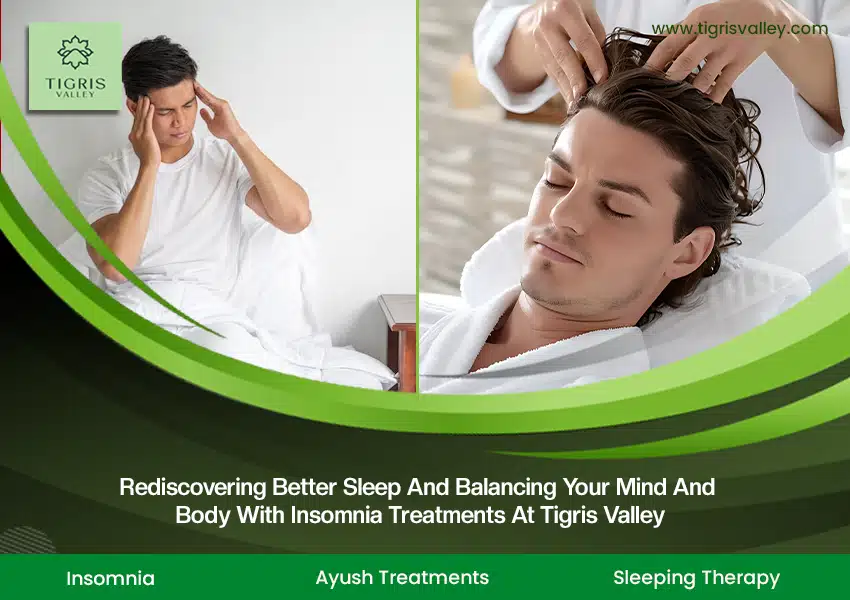
Rediscovering Better Sleep And Balancing Your Mind and Body With Insomnia Treatments at Tigris Valley
Rediscovering Better Sleep And Balancing Your Mind and Body With Insomnia Treatments at Tigris Valley What is Insomnia? Insomnia is a common sleep disorder that affects millions of people worldwide,…











